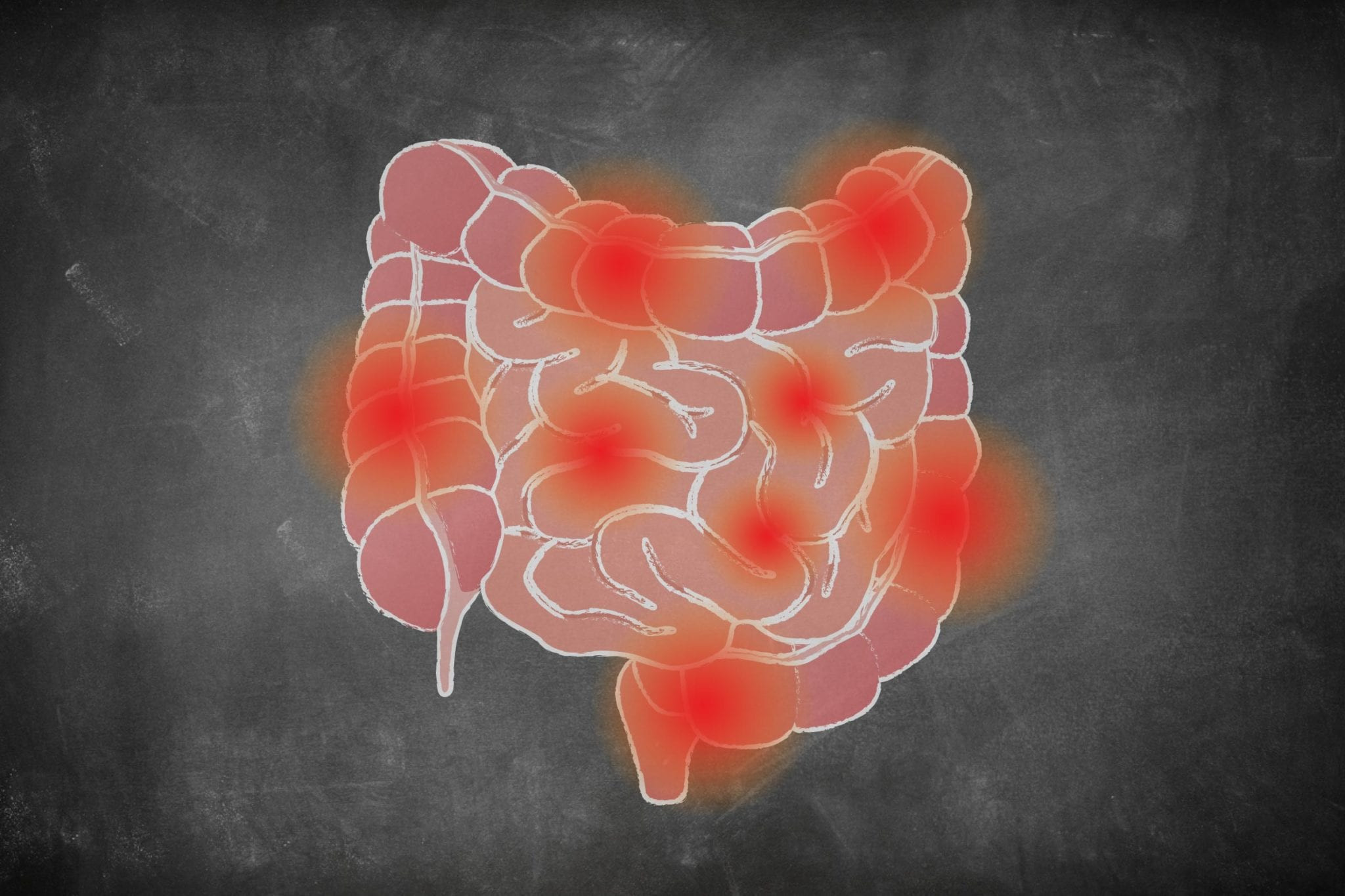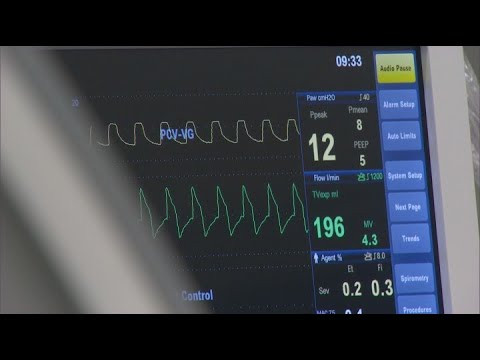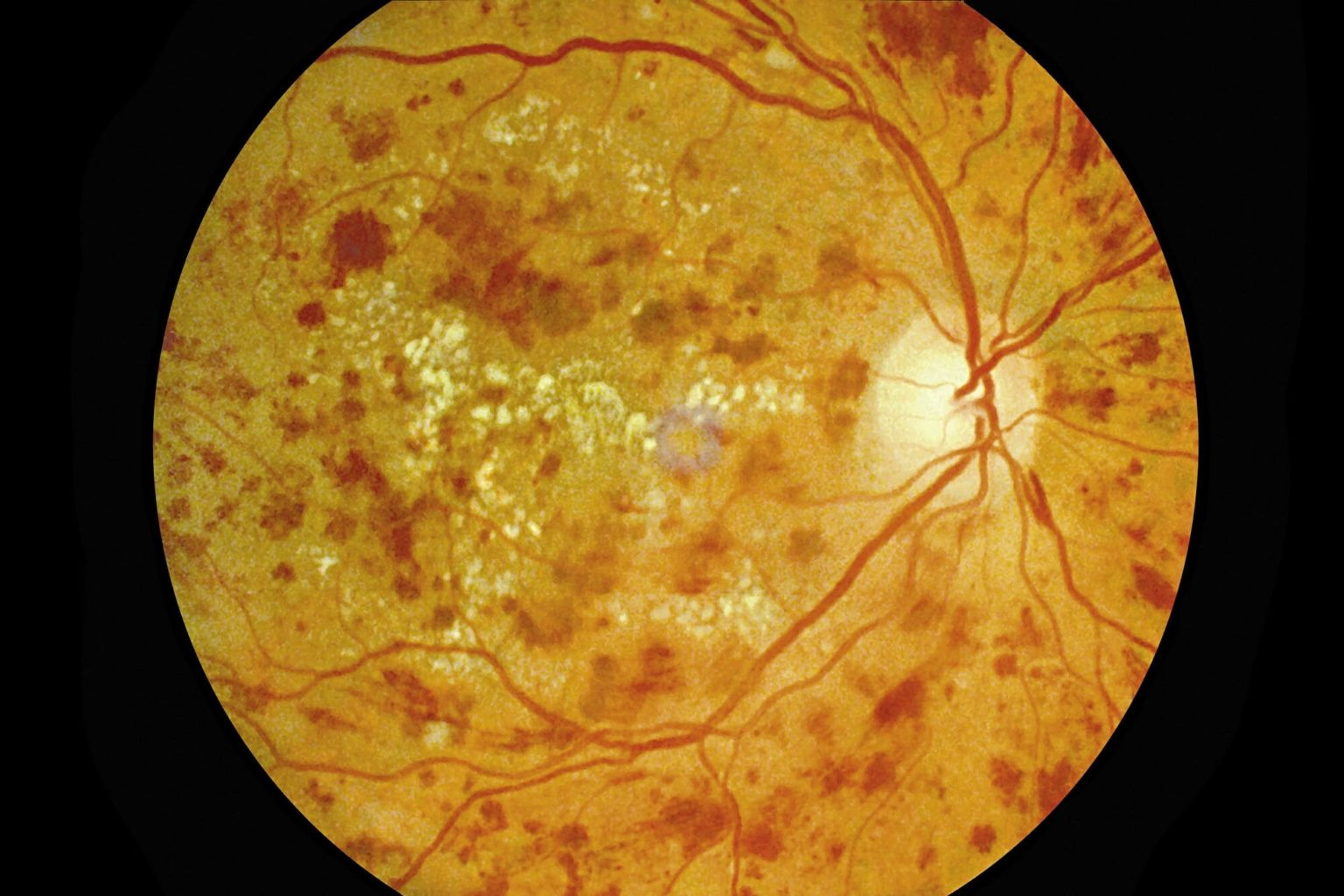Urgent Toilet Trips & Blood in Stool? 8 Crucial Facts About Crohn's & Colitis You Need to Know
Discussing your intestines and bathroom habits can feel embarrassing, but it's one of the best ways to get support for Crohn's and colitis while educating others. There are so many misconceptions about these diseases, so it's important that everyone is informed about what the facts are. Ahead of Crohn's and Colitis Awareness Week (December 1 to 7), we've gathered key information and debunked some common myths about these diseases.
Recognizing the Warning Signs of Crohn's and Colitis
Some of the biggest warning signs to watch out for include blood in your stool, persistent diarrhea, and The urgent need to rush to the toilet frequently, even during the night. Other indicators can be unexplained weight loss, anal fissures, persistent tummy pain, and unrelenting tiredness, even after rest. It's crucial to remember that you don't need to experience all these symptoms, nor do they need to be present all the time. The experience is unique to each individual.
Understanding the Diagnostic Process
Getting a diagnosis for Crohn's or colitis isn't always straightforward. It often involves multiple tests, examinations, and investigations. Waiting times for diagnosis can vary significantly for some people, leading to delays in treatment. This lengthy process highlights the need for proactive healthcare seeking when symptoms persist.
Navigating the Challenges of Flare-Ups
A flare-up signifies a resurgence of symptoms, indicating active disease. Crohn's and colitis impact individuals differently; some experience fluctuating symptoms, while others may have periods of remission followed by intense flare-ups. These flare-ups can last for a few days to several months, and the symptoms experienced during a flare-up might differ from initial symptoms. Recognizing these patterns is key for effective management.
The Invisible Nature of Crohn's and Colitis
A common misconception is that if someone doesn't appear sick, they are fine. However, Crohn's and colitis are often considered invisible conditions because their symptoms aren't externally visible. While an individual may look healthy, their intestines could be inflamed and ulcerated, causing significant internal pain. This highlights the importance of listening to your body and seeking medical advice even without obvious external symptoms.
The Varied Impact of Crohn's and Colitis
Crohn's and colitis affect individuals in diverse ways, impacting both professional and personal lives. Dietary restrictions often become necessary, although no single diet works universally for all patients. What proves beneficial for one person might be ineffective for another, emphasizing the need for personalized approaches to dietary management. This individualized impact underscores the need for specialized medical guidance and support systems.
Unraveling the Causes of Crohn's Disease
While the exact causes remain unclear, Crohn's disease develops when the body's immune system malfunctions. Instead of protecting the body, the immune system begins attacking the gut. This autoimmune response is believed to be triggered by a complex interaction of genetic predisposition, gut bacteria, and environmental factors. Research into these interactions is ongoing, offering hope for future advancements in prevention and treatment. Understanding the potential causes is crucial in future research efforts.
The Expanding Horizons of Crohn's Disease Treatment
Although there's no known cure, a wide range of treatments is available for Crohn's disease. These treatments include various medications, from steroids and immunosuppressants to biologic injections and infusions. Continuous development and approval of new treatments promise expanded options, offering a brighter outlook for patients. Some individuals may require surgery, which might involve the installation of a stoma. The evolving landscape of treatment options underscores the importance of ongoing medical care and collaboration between patients and medical professionals.
The Life-Threatening Potential of Untreated Crohn's
Untreated Crohn's disease can be life-threatening, emphasizing the importance of not ignoring symptoms. While it's tempting to disregard some symptoms, paying attention to your bowel movements is crucial. If something feels amiss, consulting a general practitioner (GP) promptly is essential. Persistent symptoms necessitate continued medical follow-up until a diagnosis and appropriate treatment are established. Early diagnosis and intervention are key to managing the condition effectively and improving patient outcomes.
A Final Note: Listen to Your Gut
The information shared in this article is intended for educational purposes and should not be considered medical advice. Always consult a healthcare professional for any health concerns or before making any decisions related to your health or treatment. Early detection and proactive management are vital for improving outcomes for those affected by Crohn's and colitis. Remember, your health journey is unique, and seeking personalized support and care is essential.


















